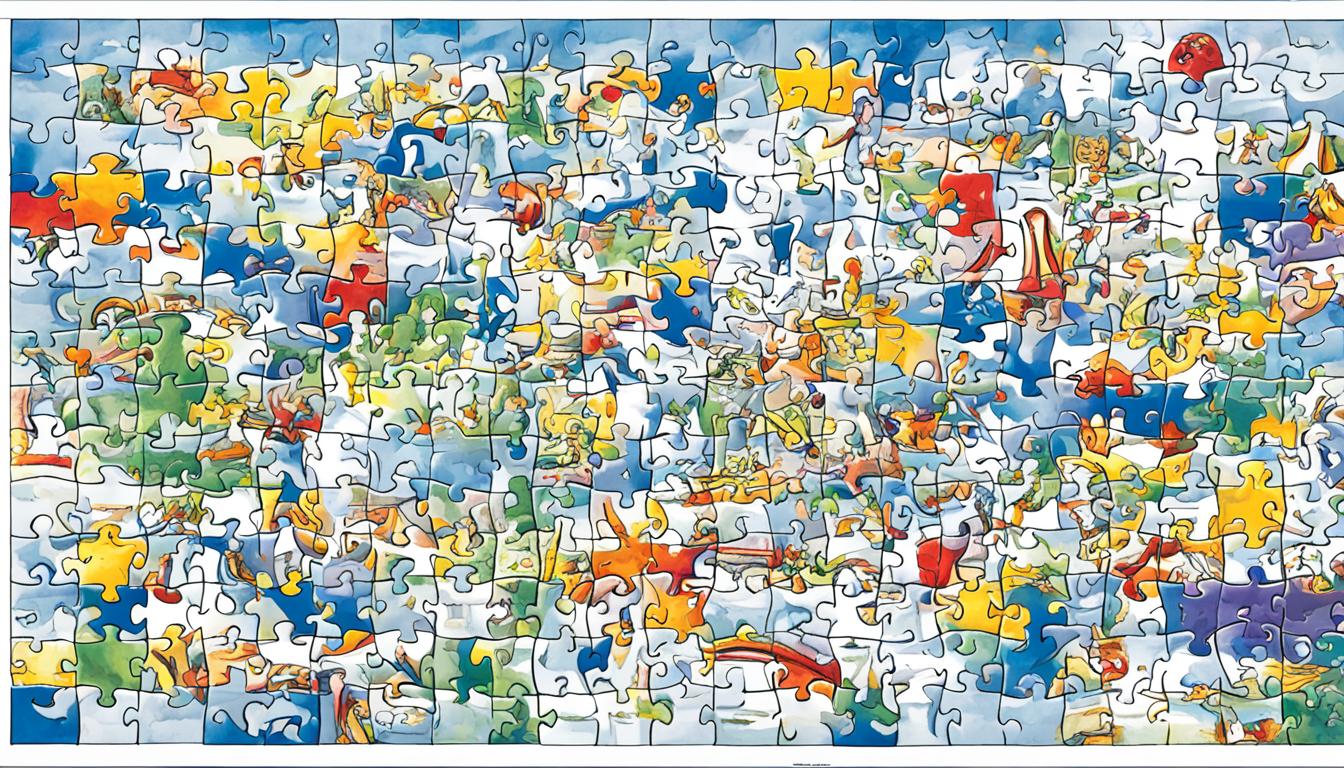When administering the MMPI, you need to consider your client’s cultural background, language fluency, and norms, as these factors influence how they interpret and respond to questions. Cultural differences can lead to misunderstandings or misinterpretations, especially if language barriers exist. Recognizing how norms shape attitudes toward mental health also helps in making accurate assessments. By understanding these cultural considerations, you can improve fairness and validity in testing—if you continue exploring, you’ll discover how to address these dynamics effectively.
Key Takeaways
- Cultural background influences interpretation of MMPI items, affecting response accuracy and validity.
- Language fluency and translation quality are crucial to minimize linguistic biases in test results.
- Cultural norms shape perceptions of mental health, impacting symptom reporting and self-disclosure.
- Acculturation levels affect how individuals understand and respond to test items, influencing assessment accuracy.
- Creating a culturally sensitive and supportive testing environment enhances honesty and reliability of responses.

When administering the Minnesota Multiphasic Personality Inventory (MMPI), it’s vital to recognize that cultural background greatly influences how individuals interpret and respond to test items. You need to be aware of acculturation challenges, as a person’s level of adaptation to a new culture can markedly affect their responses. Someone who is less acculturated might interpret questions differently or feel less comfortable with certain topics, which can distort the results. For example, idiomatic expressions or culturally specific references may not resonate with individuals from different backgrounds, leading to misunderstandings or misinterpretations. These challenges necessitate a careful approach to testing, guaranteeing you consider how cultural differences might influence test outcomes. Additionally, understanding cultural norms related to mental health can help you interpret responses more accurately.
Linguistic biases also pose a notable concern when administering the MMPI across diverse populations. You must pay attention to language fluency and the clarity of test items. If a person’s primary language isn’t English, they might struggle to understand nuances in the questions, even if they are fluent. Subtle linguistic differences can lead to misinterpretations, affecting the validity of their responses. Using translated or culturally adapted versions of the MMPI can help mitigate these biases, but it’s vital to verify that these adaptations maintain the test’s integrity. When you’re working with clients from different linguistic backgrounds, you should also be mindful of their comfort level in expressing themselves, as language barriers might lead to inconsistent or inaccurate answers.
Furthermore, cultural norms influence how individuals perceive mental health and personality traits, which can impact how they respond to certain items. For instance, in some cultures, admitting to emotional struggles or mental health issues might be stigmatized, leading respondents to underreport symptoms or deny certain behaviors. As a test administrator, you need to create a supportive environment that encourages honest responses, understanding that cultural factors shape how people approach self-disclosure. Recognizing these influences allows you to interpret results more accurately and avoid misdiagnosis based solely on cultural misunderstandings.
In essence, your role requires a nuanced understanding of the cultural context surrounding each individual. By acknowledging acculturation challenges and addressing linguistic biases, you enhance the reliability and fairness of the MMPI testing process. This awareness helps guarantee that the results genuinely reflect the person’s personality and mental health, rather than cultural or language-related misunderstandings. Ultimately, respecting cultural differences not only improves assessment accuracy but also fosters trust and rapport with your clients, leading to more meaningful and effective interventions.
Frequently Asked Questions
How Does Language Proficiency Impact MMPI Test Results?
Language proficiency markedly impacts your MMPI test results because language barriers can cause misunderstanding or misinterpretation of questions. If translation accuracy isn’t precise, you might respond inaccurately, reflecting issues that aren’t truly part of your psychological profile. This can lead to skewed results, making it harder for clinicians to accurately assess your mental health. Ensuring clear, culturally sensitive translations helps improve reliability and validity of your test outcomes.
Are There Culturally Adapted Versions of the MMPI?
You’ll be amazed: there are indeed culturally adapted versions of the MMPI! These versions incorporate cultural adaptation and are developed using normative data specific to different populations. This guarantees the test remains valid and reliable across diverse cultural backgrounds. By adjusting content and norms, these adaptations help clinicians accurately interpret results, making your assessment more meaningful and respectful of cultural differences.
How Do Cultural Norms Influence Questionnaire Responses?
Cultural norms influence your questionnaire responses by shaping how you interpret and answer questions, often leading to response conformity or reinforcing cultural stereotypes. You might answer in ways that align with societal expectations, which can mask true feelings or behaviors. Understanding this, clinicians consider cultural background to interpret results accurately, recognizing that responses may reflect cultural influences rather than genuine psychological states.
What Training Do Clinicians Need for Cross-Cultural Assessment?
You need training in cultural competence and assessment adaptation to effectively evaluate clients from diverse backgrounds. This includes understanding cultural norms, biases, and communication styles, so you can interpret test results accurately. You should learn how to modify assessment procedures appropriately, ensuring they are culturally sensitive. This training helps you avoid misdiagnosis and build trust, making your assessments more valid and respectful of each client’s unique cultural context.
Can Cultural Bias Affect the Validity of MMPI Diagnoses?
Imagine you’re evaluating a patient from a different cultural background who responds differently to certain MMPI items due to cultural misunderstanding. Yes, cultural bias can affect the validity of diagnoses, leading to misinterpretation. To guarantee accurate results, you must focus on bias mitigation strategies, such as cultural competence training, to recognize and address potential biases. This helps prevent cultural misunderstandings from skewing test outcomes and ensures fair, valid assessments.
Conclusion
By understanding cultural influences, you can better interpret MMPI results, recognize biases, and guarantee fair assessments. You must consider background, beliefs, and language to avoid misdiagnosis. You should adapt your approach, respect diversity, and remain open-minded. Only then can you provide accurate insights, foster trust, and promote fairness in testing. Embracing cultural considerations isn’t optional; it’s essential for meaningful, ethical, and effective psychological evaluation.









